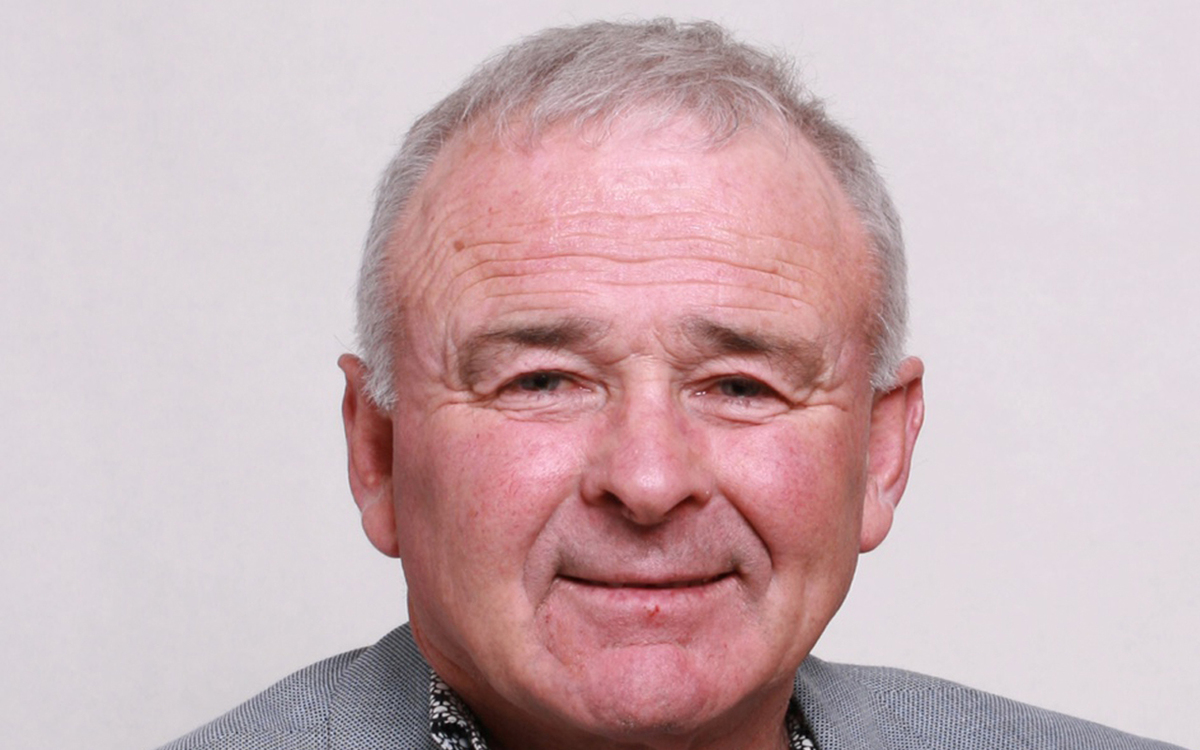Environment Southland adopts annual plan
Marjorie Cook
30 June 2020, 2:09 AM
 Environment Southland chairman Nicol Horrell
Environment Southland chairman Nicol HorrellEnvironment Southland has adopted its annual plan for the coming year, with councillors unanimously agreeing to restrict a rates increase to 4.9% instead of the forecast 5.9% in the long term plan.
The vote was described as a “watershed’’ moment, by chairman Nick Horrell, while councillors called for fiscal discipline within the regional council.
The annual plan is forecasting a reduction in spending of about $500,000 in the 2020-21 year because of the economic impacts of the COVID-19 flu pandemic.
In one example set out in the annual plan, a Invercargill ratepayer with a house worth $235,000 would pay $16 more next year. A range of sample rates are provided in the Annual Plan 2020-2021.
Before putting the item to the vote, chairman Nicol Horrell outlined the challenging year ahead to be faced not only by the regional council but by the whole of New Zealand, as a result of COVID-19.
“There are challenges going ahead but we do have a strong balance sheet, and I believe there will be opportunities to leverage... This gives us a road map going forward,’’ Mr Horrell said.
Before voting, the councillors discussed a report by the council’s strategy and planning consultant, Ken Swinney, which had been signed off by chief executive Rob Phillips and strategy and planning general manager Wilma Falconer.
Mr Swinney’s report is available on Environment Southland’s website. It recommended, among other things, that the council “set projected operating revenues for the 2020/21 year at a different level from that of a balanced budget (i.e. a planned deficit)”.
The council was losing an expected $3.5 million reduction in revenue from cruise ship operations, because of the dramatic downturn in tourism to the region, and also losing return on investments.
The loss of forecast revenue could be met from reserves, which have already taken a hit from the uninsured costs of February’s floods.
This year the council needs to work on freshwater and marine environment issues, and its Water and Land plan is still going through the courts.
The Government’s national policy statement for freshwater management is expected to have significant implications for the regional council.
Mr Horrell said “money is short’’ but the council had to do what was being asked of it.
The strategy is to move from a $2.7 million deficit this coming year to a balanced budget by 2024-25, he said.
“We need to make hard decisions, look at doing things in efficient ways," he said.
Cr Lloyd Esler congratulated regional council staff on work well done and for coming up with good compromises for the year ahead “without too much pain’’ for ratepayers.
Cr Peter McDonald said the “world is burning with the virus” and while the annual programme would not align with community expectations, reserves needed to be kept intact to deal with unknowns, such as floods.
Mr McDonald said the onus was on everyone to achieve fiscal discipline throughout the organisation.
Cr Allan Baird said targeting rates was critical and he was concerned the general rate had been raised again.
“Going forward, we have to target the cost of how we run the council,’’ Cr Baird said.
Rates will be set in September 2020.
The expected due date for payment of rates will be Friday, November 27.
A programme allowing ratepayers to spread payments over three instalments via direct debit will also be confirmed on November 27.

